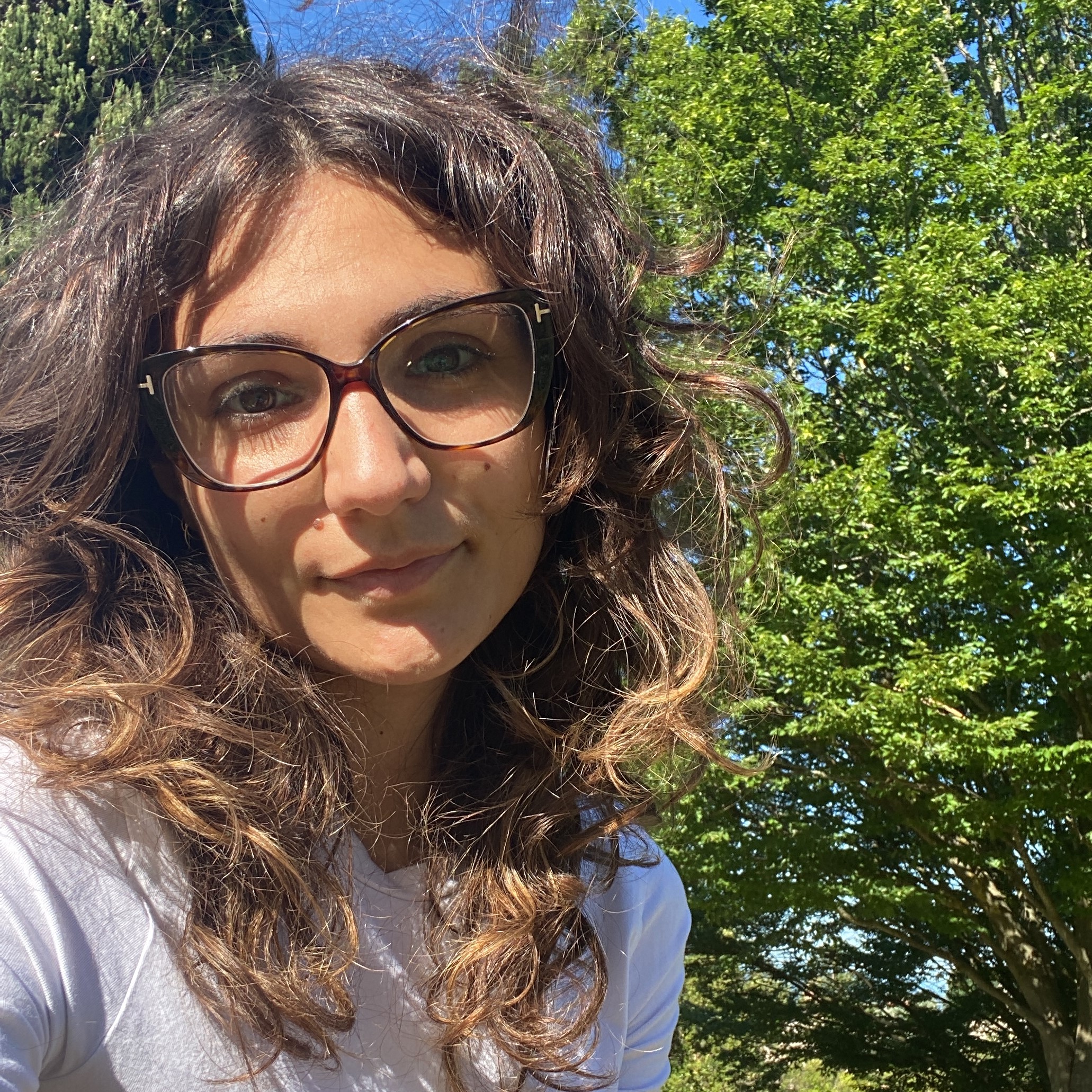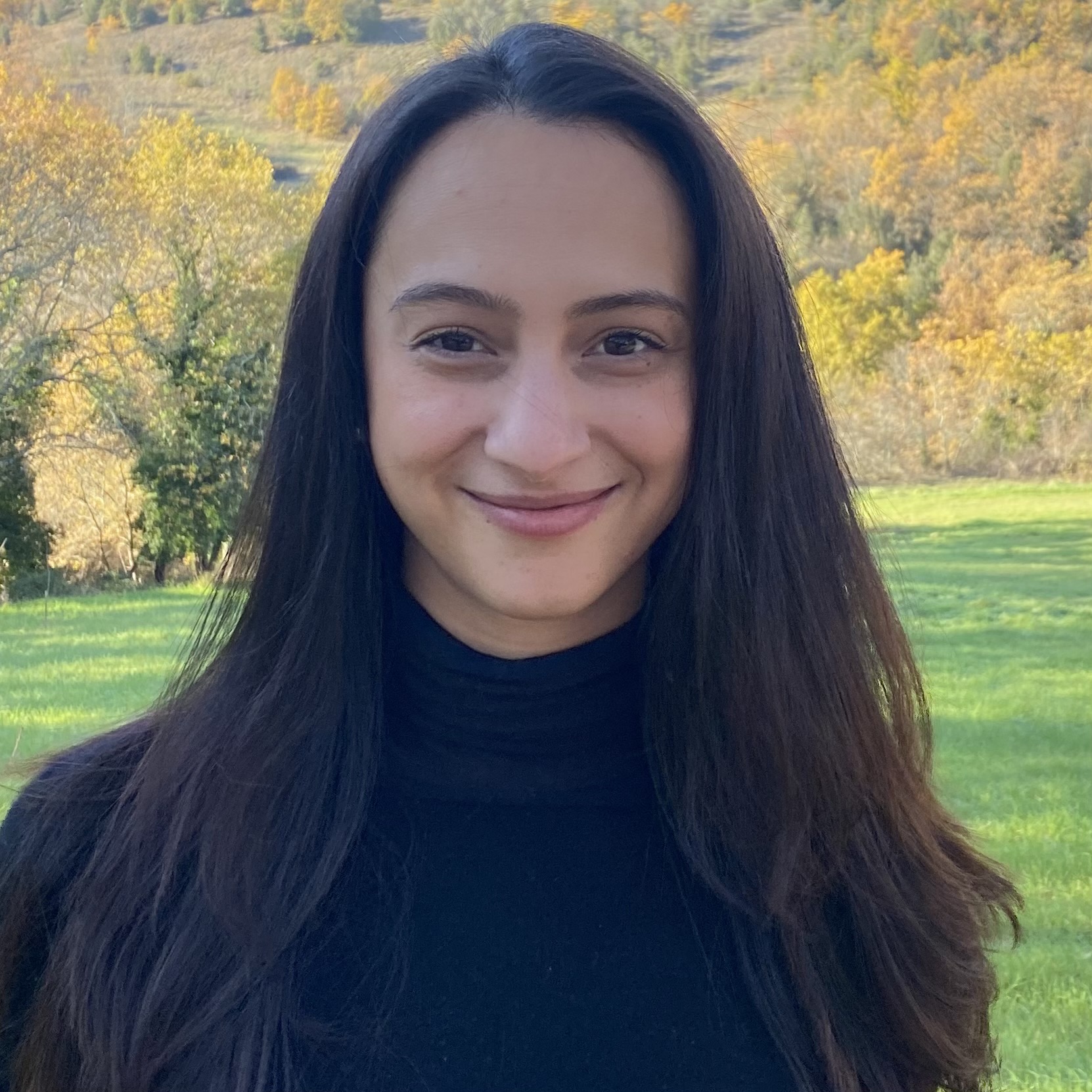A Project coordinated by IIIA.
Principal investigator:
Collaborating organisations:
Universitat de Barcelona (UB)
Logic can be broadly understood as the science of correct reasoning. While classical logic formalizes this idea under the assumption that statements are either true or false independently from our knowledge about them or capability to justify them constructively, the 20th century saw the birth of many nonclassical systems motivated by a variety of aspects of reasoning for which this assumption seemed either inadequate or unsatisfactory.
Among the wide plethora of motivations for extending, or even deviating, from classical logic, we recall the necessity of interpreting modal and intensional discourse which led to the introduction of modal logic, as well as that of dealing with imprecise, gradual, or uncertain information, which did the same for many-valued logics in a broad sense.
A striking feature of these nonclassical systems is that they admit a geometric interpretation which, in turn, makes them amenable to the visual intuitions on shapes and deformations. For modal logic this is made possible by the variants of Priestley duality, known as Jónsson- Tarski duality, which allow us to cross the mirror between modal algebraic and Kripke frames. On the other hand, in the case of many- valued logics the geometric interpretation takes the form of a semantics based on rational polyhedra. These latter allows us to think in terms of faces, vertexes, and edges. Furthermore, classical uncertainty theories such as probability theory, belief function theory or possibility theory, together with their subjectivist foundations, allow for a geometric-based treatment relying on convex and finitely generated objects, i.e., convex polyhedra (aka polytopes).
The present proposal aims at developing a uniform logical, geometric, and algebraic representation for uncertainty theories. More specifically, for subjective uncertainty theories, such uniform geometric treatment is crucial both at the level of theory and to that of applications as this will allow a comprehensive and general treatment of uncertainty.

PhD Student

Contract Researcher

Contract Researcher

